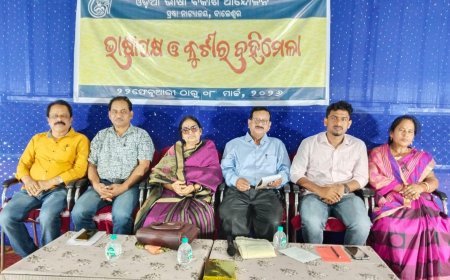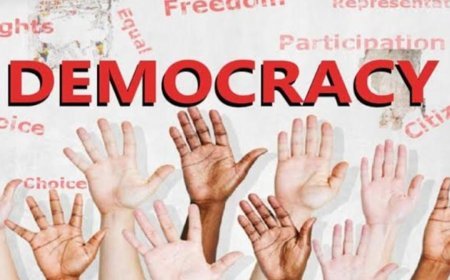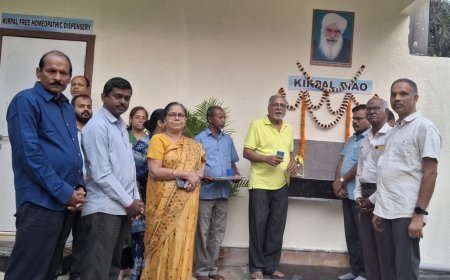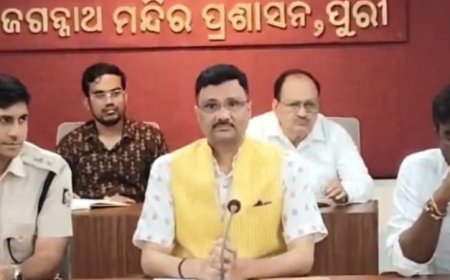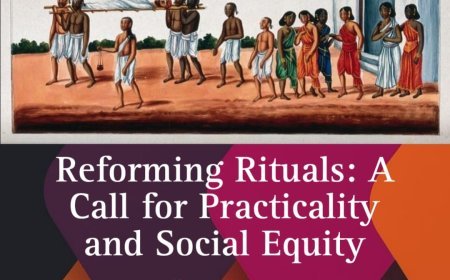The Illusion of Education and the Reality of Social Awareness: Lessons from a Tragic Incident

In India, the pursuit of higher education is often equated with being “educated.” However, possessing degrees does not necessarily translate to having a well-rounded understanding of our constitutional rights, duties, or even basic human ethics. This lack of awareness, coupled with a tendency to exploit systemic loopholes, has become a significant barrier to nation-building. One such systemic failure came to light recently in the tragic case of Atul Subhash, a software engineer from Bengaluru, whose life ended in despair and injustice.
The Incident: A Cry for Justice
On the night of December 9, 2024, 34-year-old Atul Subhash took his own life, leaving behind a 24-page suicide note and an 81-minute video. In these, he detailed the alleged harassment and mental torture he faced from his estranged wife, Nikita Singhania, her mother, and her brother. Next to his body was a placard that read, "Justice is due." His heartbreaking act has since ignited outrage across the nation, exposing the darker side of marital discord and misuse of legal provisions.
Atul’s account paints a picture of sustained emotional abuse, manipulation, and exploitation during his marriage and subsequent divorce proceedings. The accused parties have denied these allegations, but their arrest and remand highlight the need for a deeper investigation into the misuse of rights and responsibilities in relationships.
Feminism, Equality, and Responsibilities
This case is a stark reminder that feminism and gender equality, though essential, must not become tools of oppression or a shield for avoiding personal responsibilities. True gender equality is about shared respect, accountability, and understanding, not dominance or exploitation by any one gender.
Self-dependence and financial independence empower women, but these privileges come with the expectation of fulfilling their responsibilities toward their family, including their spouse. Unfortunately, in many cases, the narrative of empowerment is overshadowed by instances where legal provisions meant to protect women are misused, causing harm to innocent men.
A Broader Social Issue
Atul Subhash's death is not an isolated incident. It is symptomatic of a larger social issue where legal and societal systems fail to protect the dignity and mental well-being of individuals, irrespective of gender. Indian society, known for finding loopholes in laws, often exploits these for personal gain, undermining the very spirit of justice.
The lack of awareness about fundamental rights and duties exacerbates this problem. Many Indians are unaware of the constitutional principles that ensure equality and justice for all, leading to a skewed understanding of concepts like feminism and gender equality. The result is a society where personal grievances often escalate into tragedies like Atul’s.
The Role of Education
True education goes beyond academics; it involves fostering an understanding of ethics, empathy, and civic responsibilities. Schools and colleges should emphasize constitutional literacy, gender sensitivity, and the importance of mental health. Awareness campaigns should also address the responsibilities that come with rights, ensuring a balanced approach to gender equality.
A Call for Reform
Atul's tragic story calls for urgent reforms, including:
1. Strengthening Legal Safeguards for Men and Women: Gender-neutral laws should be implemented to ensure that neither men nor women misuse legal provisions for personal vendettas.
2. Mental Health Support: Counseling services for married couples and individuals going through marital disputes can help address underlying issues before they escalate.
3. Awareness Campaigns: Government and NGOs must promote education on constitutional rights, duties, and ethical living to bridge the gap between academic knowledge and practical understanding
4. Judicial Reforms: The judiciary should prioritize cases of marital discord and domestic abuse, ensuring swift and fair trials to prevent prolonged mental trauma.
Conclusion
The tragic demise of Atul Subhash is a wake-up call for India to reevaluate its approach to education, gender equality, and legal justice. While we champion the rights of one group, we must not overlook the plight of others. True progress lies in fostering a society where rights are balanced by responsibilities, and justice is not delayed or denied. Atul’s story reminds us that justice, compassion, and fairness must form the bedrock of our societal fabric.
Sanjay Pattnayak
Sundargarh








